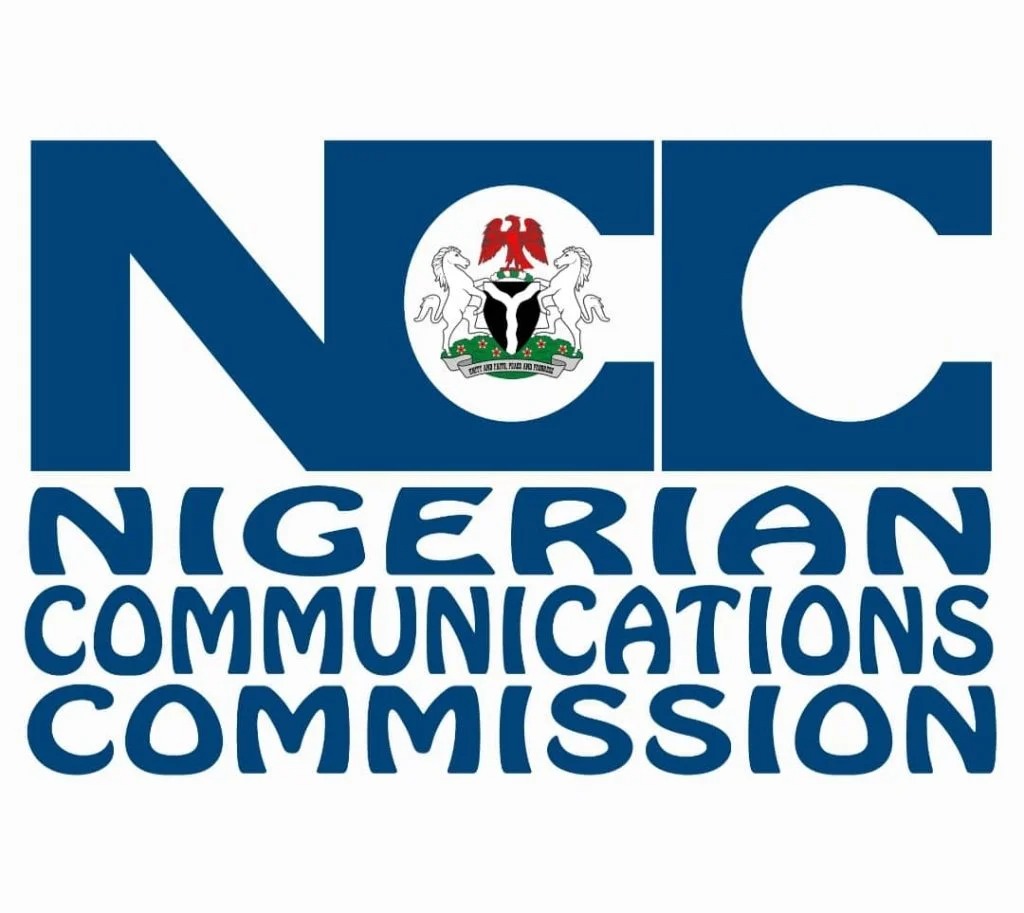Nigeria’s telecommunications sector witnessed one of its most significant corrections in years, as active voice subscriptions fell by 59.7 million in 2024 following the strict enforcement of the National Identification Number–Subscriber Identity Module (NIN–SIM) policy.
This is according to the Nigerian Communications Commission’s 2024 Subscriber/Network Performance Report.
The number of active subscribers declined from 224.7 million in 2023 to 164.9 million by December 2024, representing a 26.6 per cent year-on-year contraction.
According to the NCC, the sharp fall was largely due to the removal of SIM cards not linked to valid NINs, as well as the correction of a long-standing over-counting issue by a major mobile operator.
This large-scale clean-up stemmed from the Federal Government’s multi-year effort to ensure that all SIM cards are tied to verified NINs, a policy introduced on February 4, 2020, and jointly driven by the NCC and the National Identity Management Commission. After multiple extensions throughout 2023 and 2024, a final deadline of September 14, 2024, was set. From September 15, any SIM without a verified NIN was automatically disconnected.
ALSO READ
The government said the linkage was introduced to curb the criminal use of unregistered SIM cards, strengthen national security, and develop a more accurate national identity database. It is also intended to enhance service delivery, deepen financial inclusion, and support digital payment systems nationwide.
In September 2024, President Bola Tinubu announced that over 126 million Nigerians had been captured in the National Identity Database. He added that the Federal Government had expanded the system’s capacity from 100 million to 250 million records to improve enrolment coverage and eliminate delays.
The NCC report also showed that teledensity fell sharply, dropping from 103.66 per cent in 2023 to 76.08 per cent in 2024. Internet subscriptions were similarly affected, declining from 163.8 million to 139.3 million—a loss of 24.6 million users, translating to a 14.98 per cent contraction.
Despite the fall in subscription numbers, the regulator noted that network coverage continued to expand. Nigeria now has over 95 per cent cellular coverage, while broadband penetration experienced a slight rise from 43.71 per cent to 44.43 per cent, supported by wide availability of 3G (89 per cent), 4G (84 per cent), and 5G (13 per cent) networks.
More recent NCC industry statistics indicate that the sector has begun a gradual recovery. Active telephone subscriptions increased to 173.54 million in September 2025, up from 171.57 million in August, showing steady market adjustment after the 2024 clean-up.
GSM internet subscriptions also rose modestly to 140.36 million, while teledensity improved to 80.05 per cent, signalling renewed growth in user activity and network utilisation.
